The Touchstones Classroom
Our programs democratize education to prepare your students for academic success and civic engagement in our increasingly globalized society.
How Touchstones Works
Touchstones uses a systematic and intentional approach to help your students build high level speaking, listening, and critical thinking skills. Lessons happen once a week alongside your existing curricula and programs and build skills that your students can apply anywhere in school or in life.
1. Ground Rules
Five ground rules anchor your students in respectful discussion, and are referred back to throughout the lesson.
2. Text for Discussion
Texts serve as tools to support inclusive group dynamics and raise ideas that all your students can explore.
3. Individual Work
Individual activities provide space for your students to connect their own experiences and opinions to the ideas in the text.
4. Small Group Work
Small groups provides a safer space for sharing ideas, and help your students practice collaborative learning.
5. Whole Group Discussion
Students share and explore ideas together, while learning to recognize their own strengths and make space for others.
6. Discussion Evaluation
Our evaluation tools help your students reflect, recognize and take responsibility for group dynamics, and set goals for the next week.
What can I expect from Touchstones?
Touchstones strengthens the work you’re already doing to build your students’ discourse skills, enhancing the outcomes of programs and strategies like Socratic seminar, restorative practices, International Baccalaureate, Advanced Placement, and AVID. Our essential skills align with many states’ English Language Arts speaking and listening standards, as well as civics skills standards and social-emotional learning frameworks, including 21st Century Skills.
Touchstones Essential Skills

Confidence

Speaking

Active Listening

Leadership
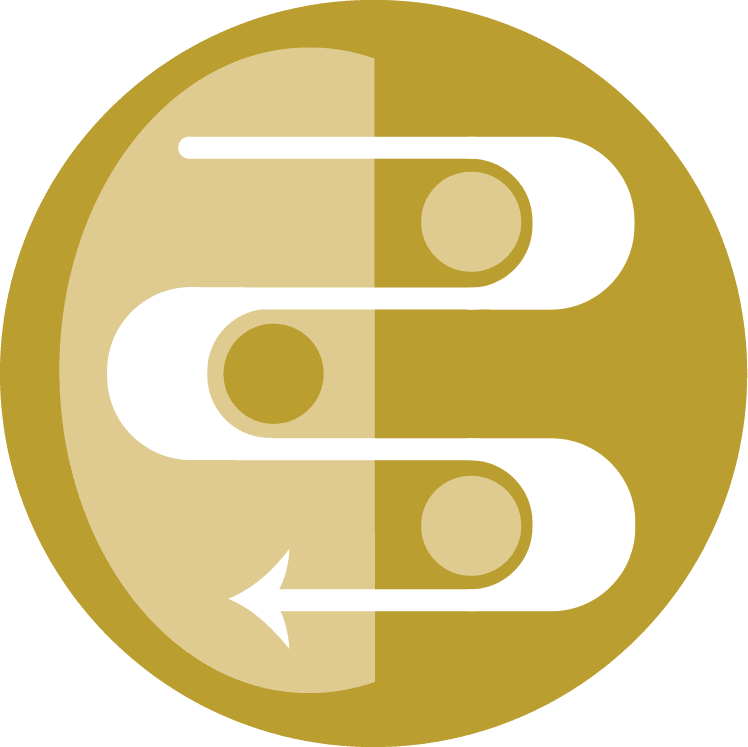
Reflective Thinking
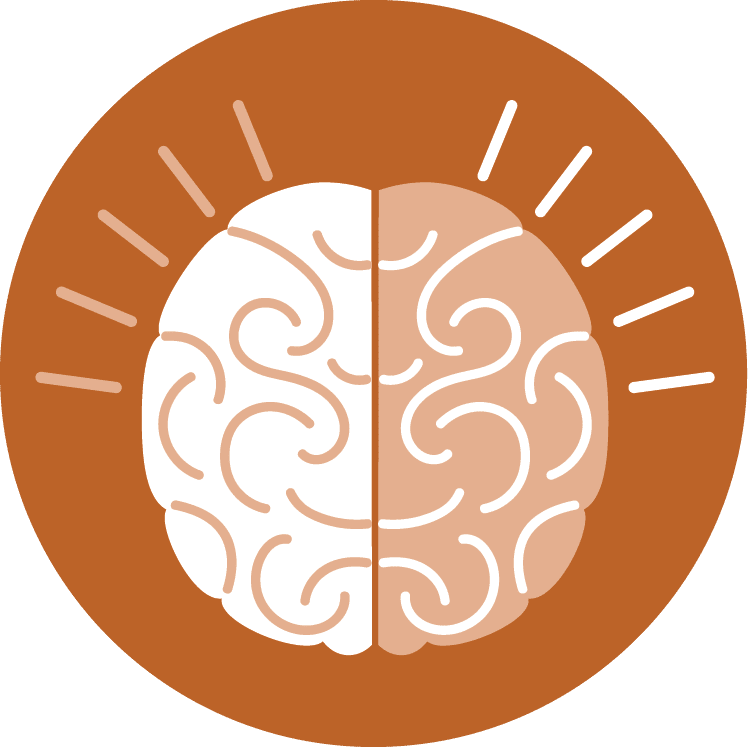
Analytical Reasoning

Cooperative Learning
Evidenced-Based Results
Touchstones is research-based and refined by over 38 years of teacher feedback – so we know how powerful it can be. Here’s what schools report about student growth across grade levels after just one year using the program.
↑ 87%
of students improved critical thinking skills
↑ 77%
of students learned to listen more attentively to peers
↑ 85%
of students took more responsibility for the discussion over time
↓ 21%
reduction in school-wide instances of bullying
What Schools Are Saying About Touchstones
“Before I used Touchstones…I thought that I was teaching students how to discuss issues effectively. The Touchstones process showed me that I had really been teaching them to respond to questions, not to generate their own questions, not to generate their own thinking. Touchstones gave students a real voice in my classroom…The thinking is on them, and in a democratic society, nothing matters more.”
Sharon Thomas, MEd
High School ELA Teacher, Cecil County, MD
“[Through Touchstones], I have learned to listen and understand views other than my own. I love the way we have started to trust each other enough to actually voice our original thoughts.”
12th Grade Student
Centennial High School, Tennessee
“Touchstones’ emphasis on democratic and structured discussion where all perspectives are aired gives students a chance to examine issues from other perspectives and helps them reflect on their own thinking, developing more critical and open habits of discussion.
Miriam Nightengale
Principal, Columbia Secondary School, NY
What makes Touchstones different?
In a Touchstones class, teachers take on the role of learner, students become leaders, and the text for discussion strategically builds skills.

The Role of the Students
The Role of the Teacher
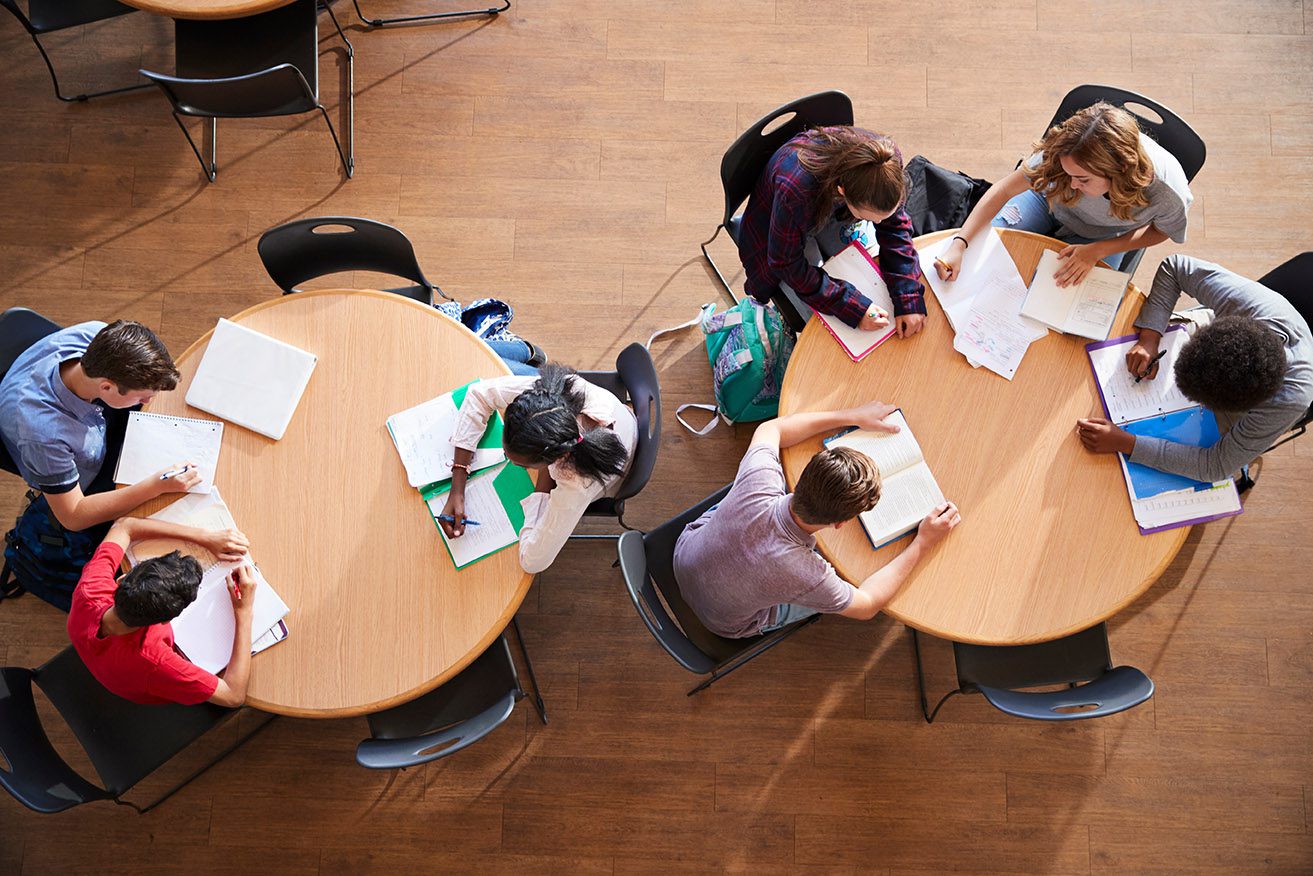

The Role of the Texts

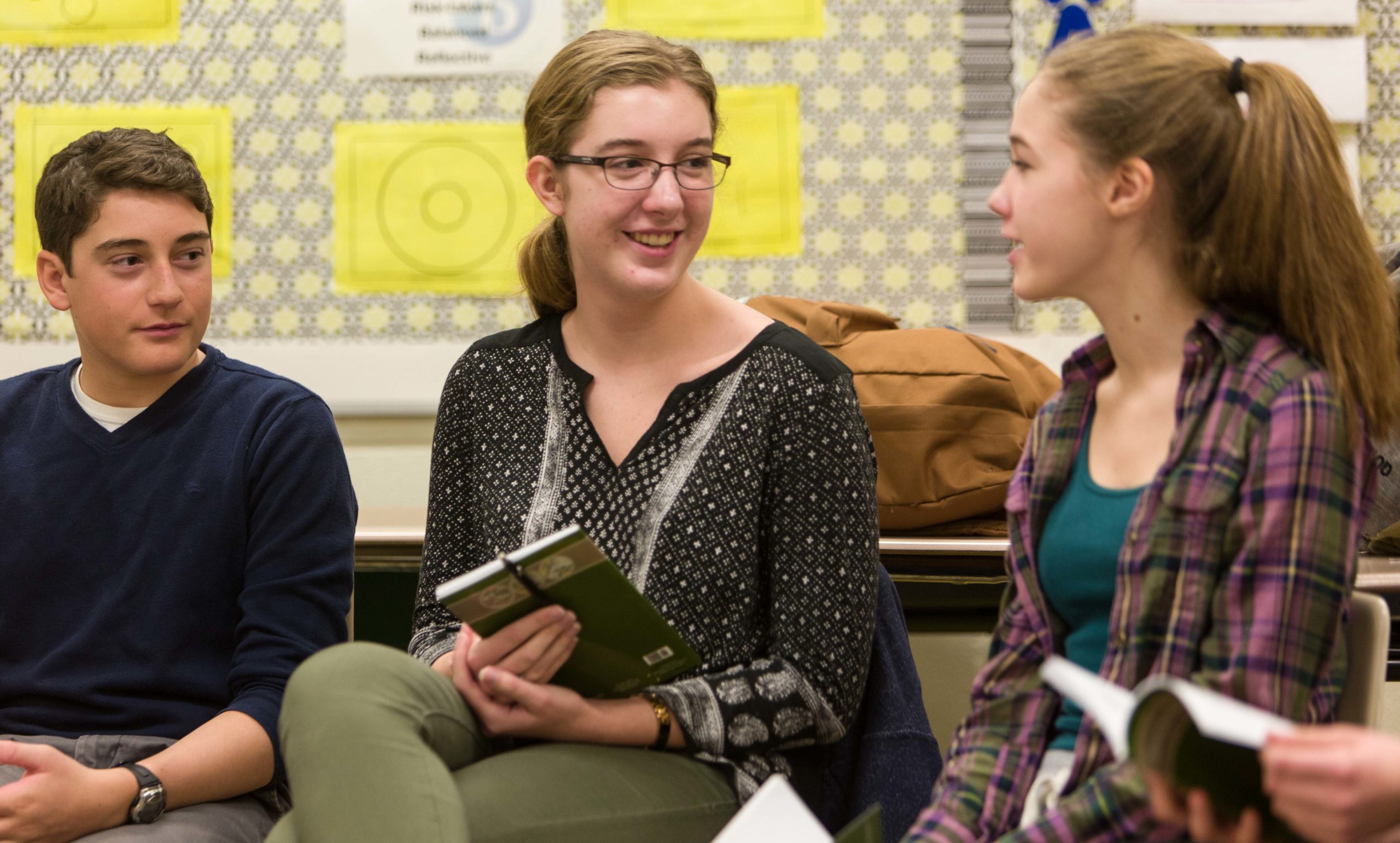






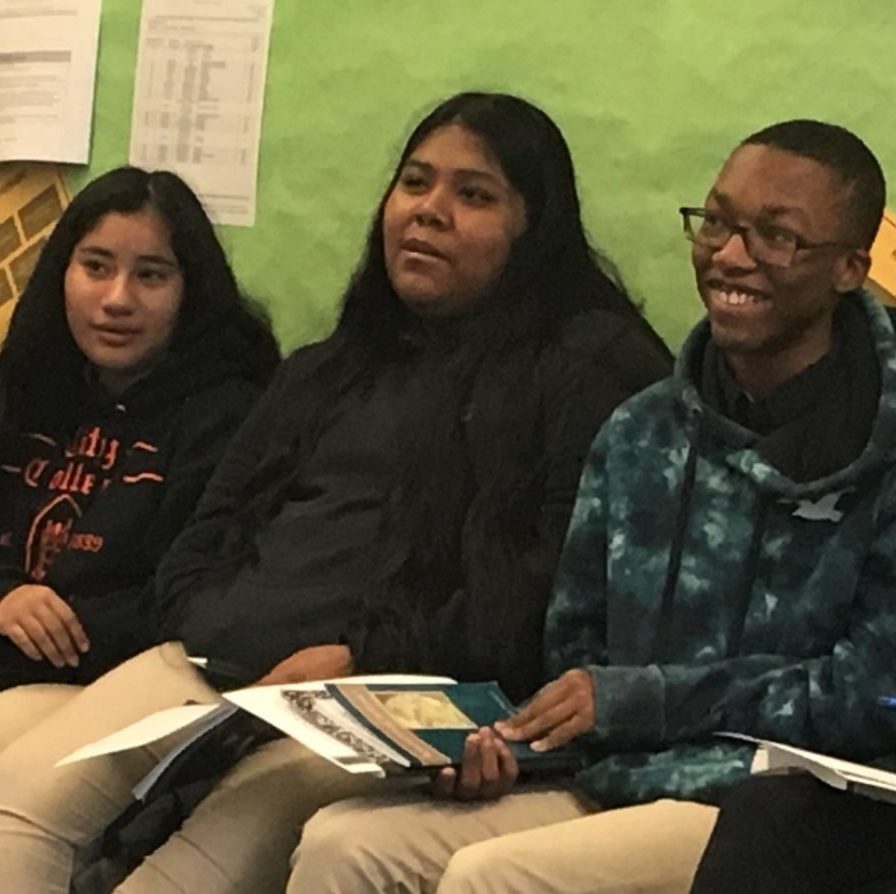
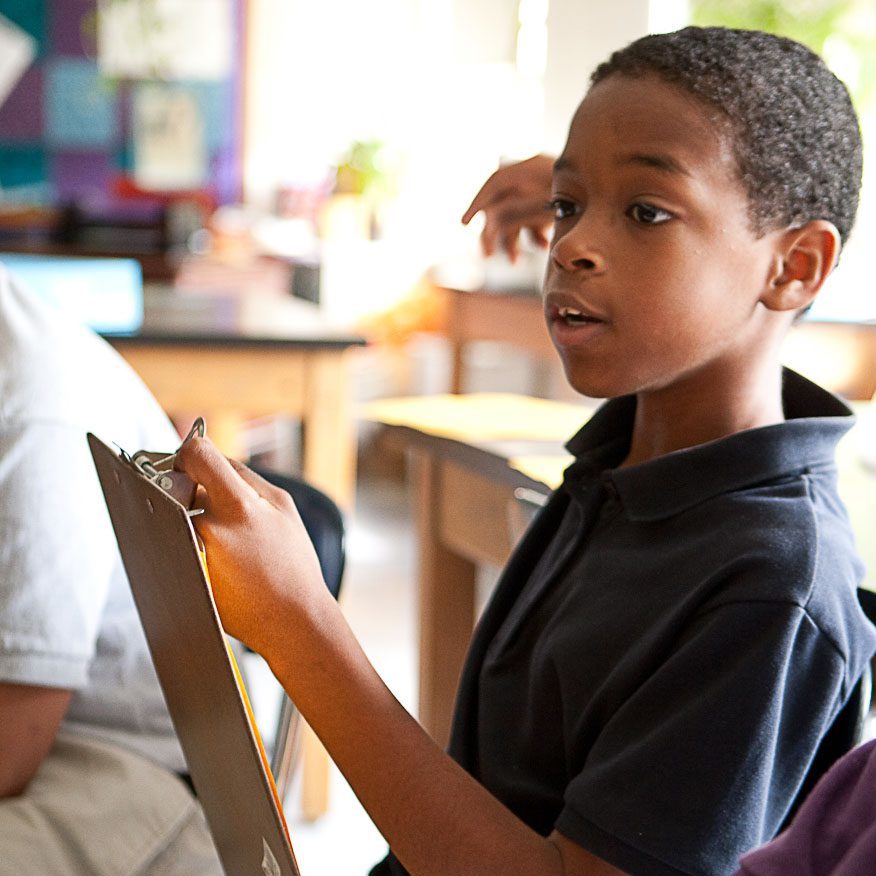

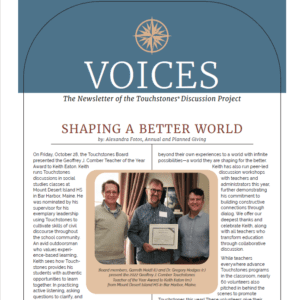

 Join the
Join the